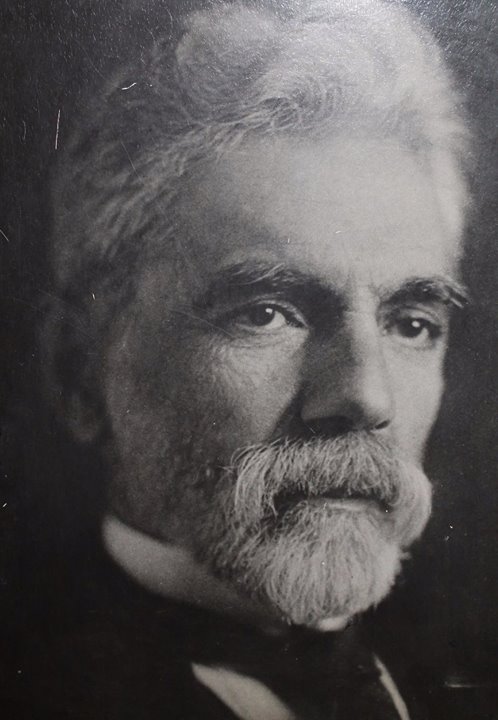The Republic of Armenia’s Prime Minister Hovhannes Kajaznuni’s first speech in the Armenian parliament during the second parliamentary session on 3rd August 1918. Prime Minister Kajaznuni read out the following statement drafted by the government.
The government I have formed has started to operate in extraordinarily difficult circumstances. It has been charged with implementing its executive power in a state that has only recently come to life and is still in the first phase of being formed. The government has no precedent to rely on. It is not the successor to the previous government, in which case it would have proceeded with the state trajectory. It has not even inherited a ready-made state apparatus that would facilitate the needs of a centralised state. It is obliged to start everything ab initio and to create a viable and workable body in the context of these ruins and disorderly chaos.
On the other hand, the government has found the country in such a state that can only be characterised by one word: catastrophic.
The four-year war, the great revolution, the Russian forces’ irregular retreat from our borders, the dissolution of the empire, our defeats on the military front, territorial losses and the division of separate states in Transcaucasia represent deep shocks that have inevitably led to massive consequences. The absolute deterioration of economic life and the state of our finances, a halt to the production and exchange of goods, an extreme lack of ammunition, a shortage in or massive inflation in the price of required goods, a complete stop to imports, and end to railway transportation, a lack of other transport means, in addition to hundreds of thousands of homeless and hungry refugees, and a dangerous situation at the borders, as a result of all is anarchy. These are the circumstances in which my government has been called into action.
These exceptional circumstances are already predetermining the nature of our government. The government cannot implement a multilateral and comprehensive programme and it is restricted to dealing with the most urgent issues. In order to prevent the process of deterioration, bring the country out of this state of anarchy and foster conditions conducive to the construction of the state, the current government is heeding its call in the following ways.
In this vein, the government intends to find solutions to the following issues:
- Internal affairs
- Establish basic law and order in the country and provide security to people and property.
- Open transport routes for unimpeded traffic.
- Restore postal and telegraph lines within the country and with neighbouring states.
- Expend vigorous efforts to mitigate the malnutrition crisis as much as possible.
- Manage the situation regarding migrants and refugees by returning some to their homes and settle others in new places of residence.
- Convene Armenia’s Constituent Assembly as soon as possible.
2. Finance
Establish the foundation for an independent monetary system. Implement the necessary measures to safeguard the country with its own currency, restore productivity and the exchange of goods, and create a functioning tax system.
3. Justice
Adapt the court to the conditions of the country’s civic-legal concepts and traditions, while making the people’s representatives subject to the criminal justice system.
4. Military affairs
Re-organise the country’s military forces with the aim of creating an army that is not quantitatively large, but strong in spirit and discipline.
5. Foreign affairs
- Reinforce the peace with the Ottoman government and establish neighbourly relations. Rigorously fulfil all commitments agreed upon with the Ottoman government and ensure that the Ottoman government acts mutually. In particular, solve the issues of taking out Ottoman troops from our country and returning migrants [to their homes].
- Mutually solve border issues between Armenia, Azerbaijan and Georgia by accepting the principle of self-determination, which corresponds to the spirit and aims of democratic states.
- Liquidate the institutions that remain from the Transcaucasian Republic by reaching a mutual agreement with Azerbaijan and Georgia.
This is the government’s programme. We can call this the series of essential pledges that aim to guarantee the existence of the state. Clearly this does not include the country’s various needs in their entirety. A number of important and fully fledged issues have been excluded. However this government is not prioritising those issues since it has deemed them unsolvable considering the current circumstances. The government does not wish to misguide the country with ambitious visions and impractical promises. It does not wish to take upon itself responsibilities that it is not capable of fulfilling. The government is going to exert all its efforts and capacity to fulfil its goals to the best of its ability and it hopes to solve at least a part of the problems it is facing if it receives the Parliament’s unconditional trust and active support.
Translated from Armenian by Leon Aslanov
Leon Aslanov is a researcher focusing on the South Caucasus and Middle East













